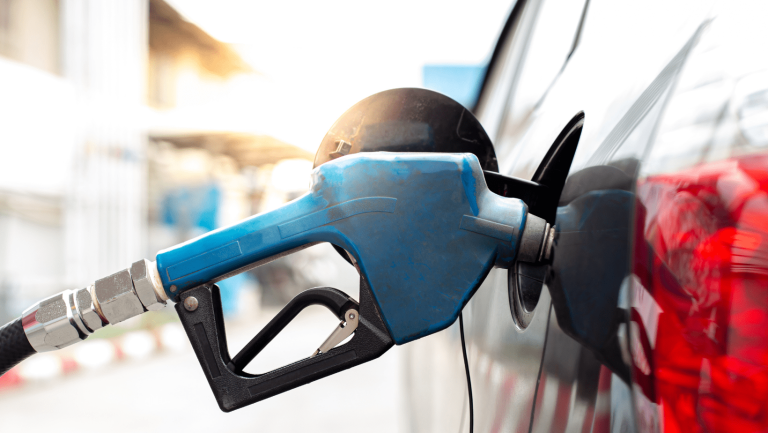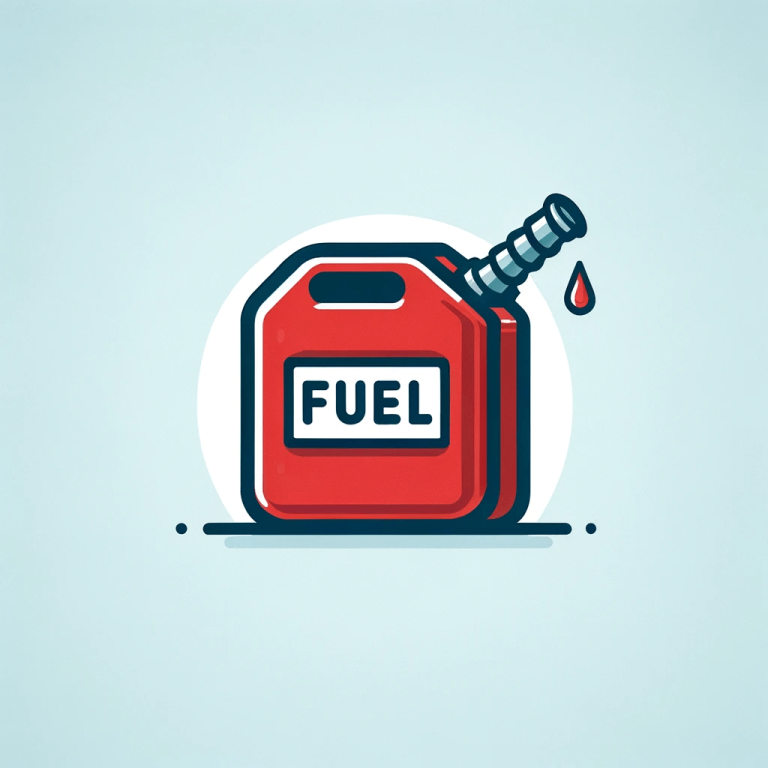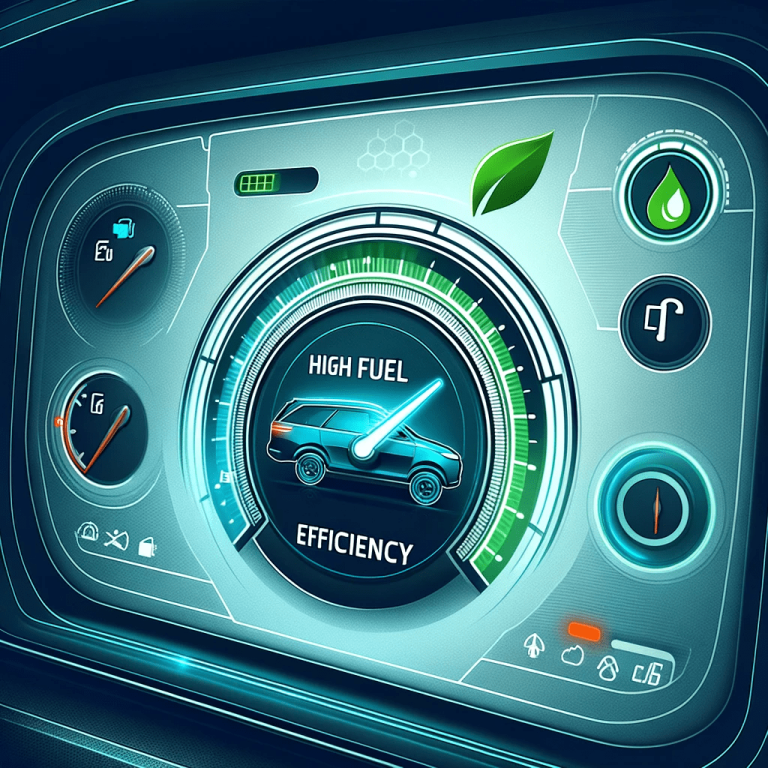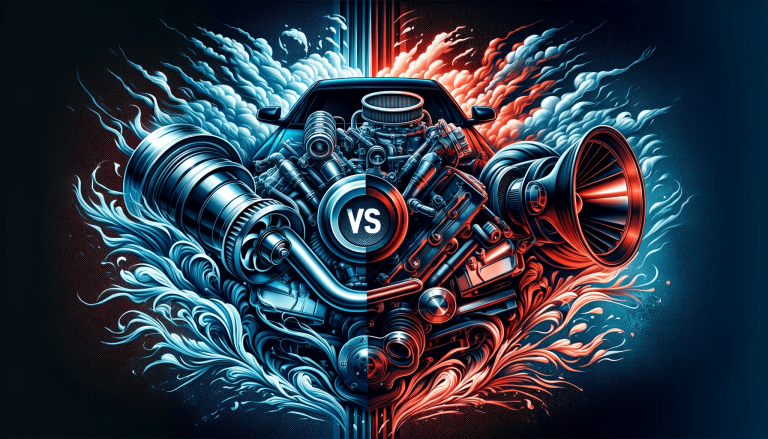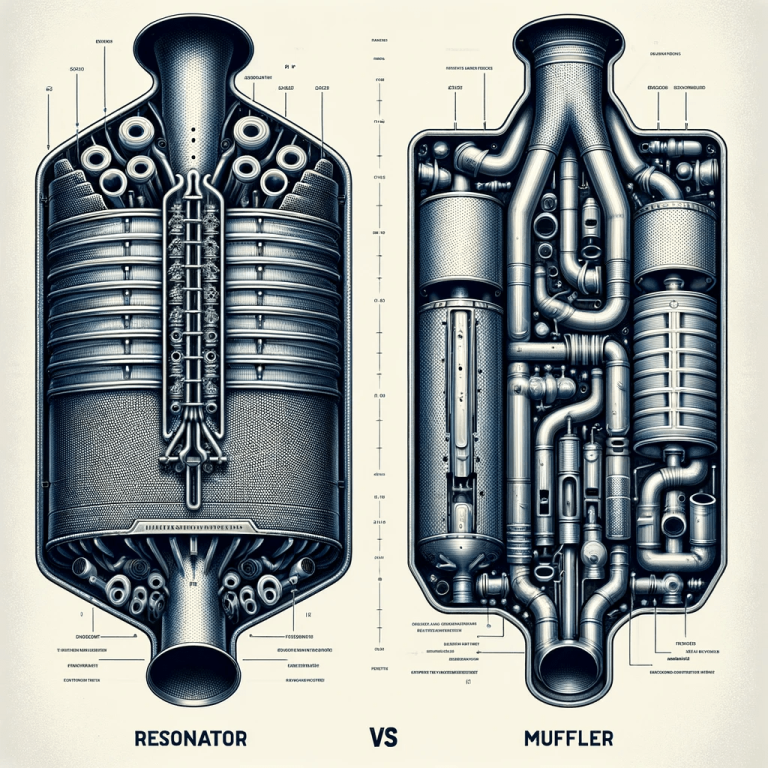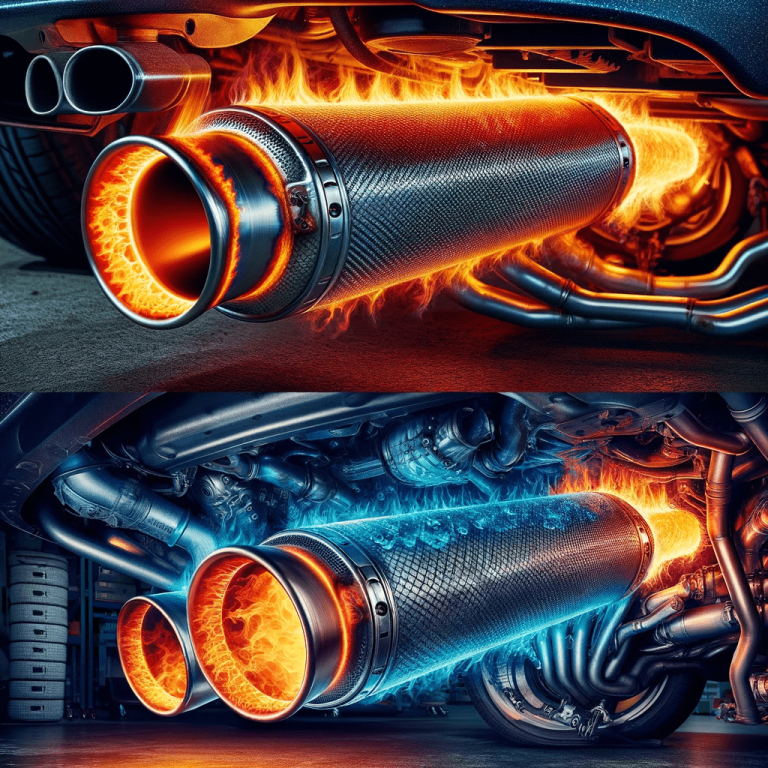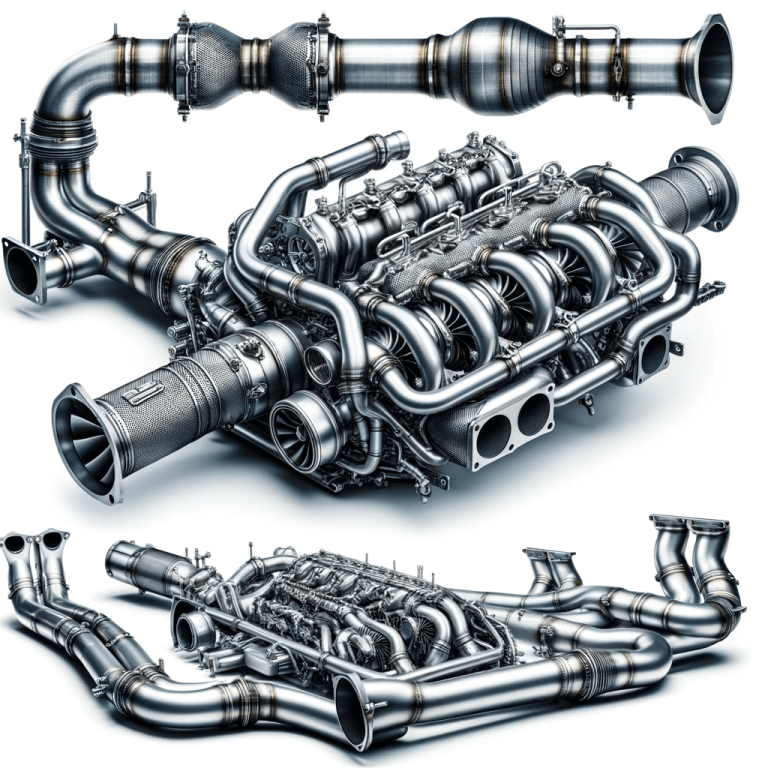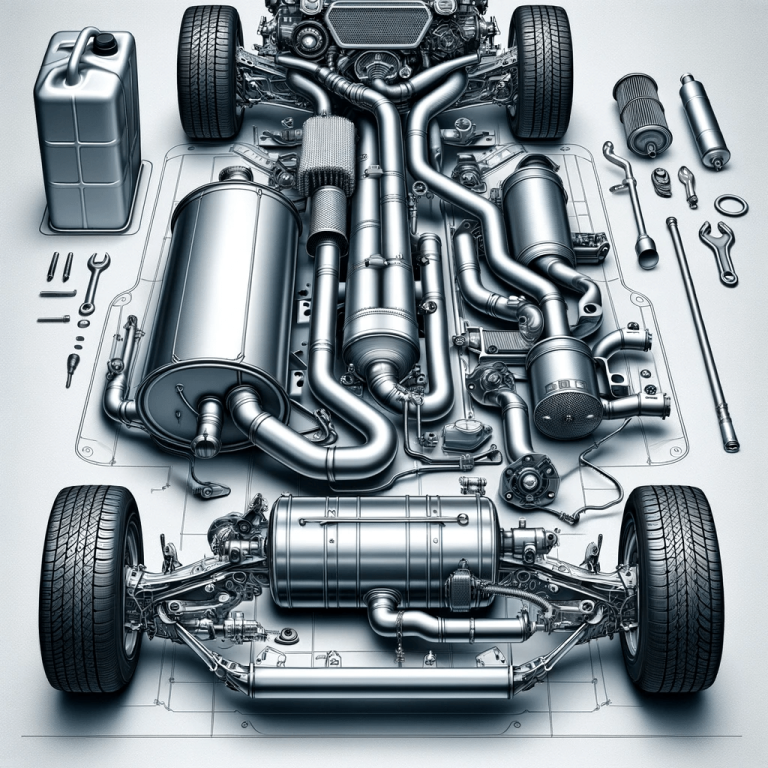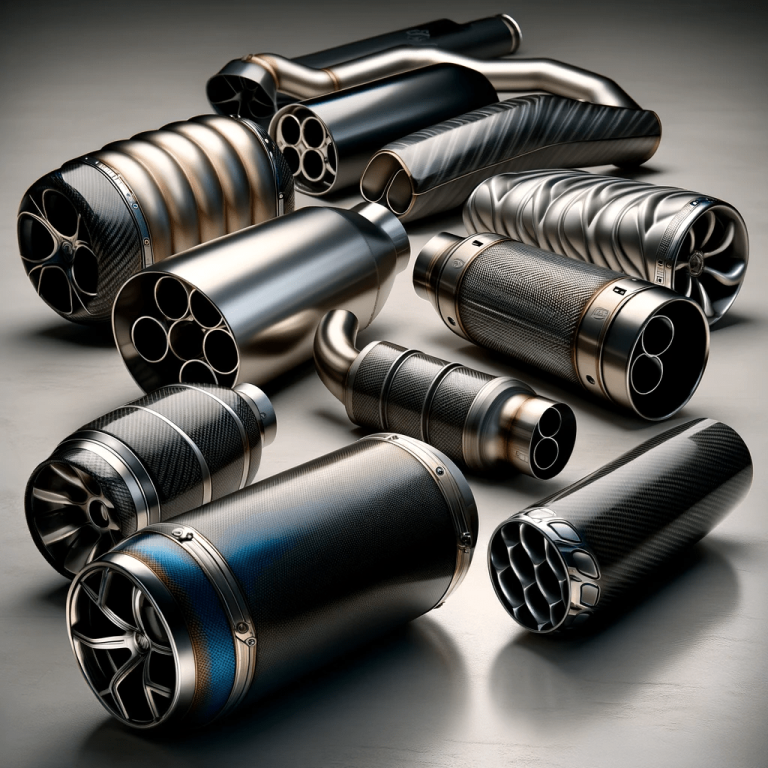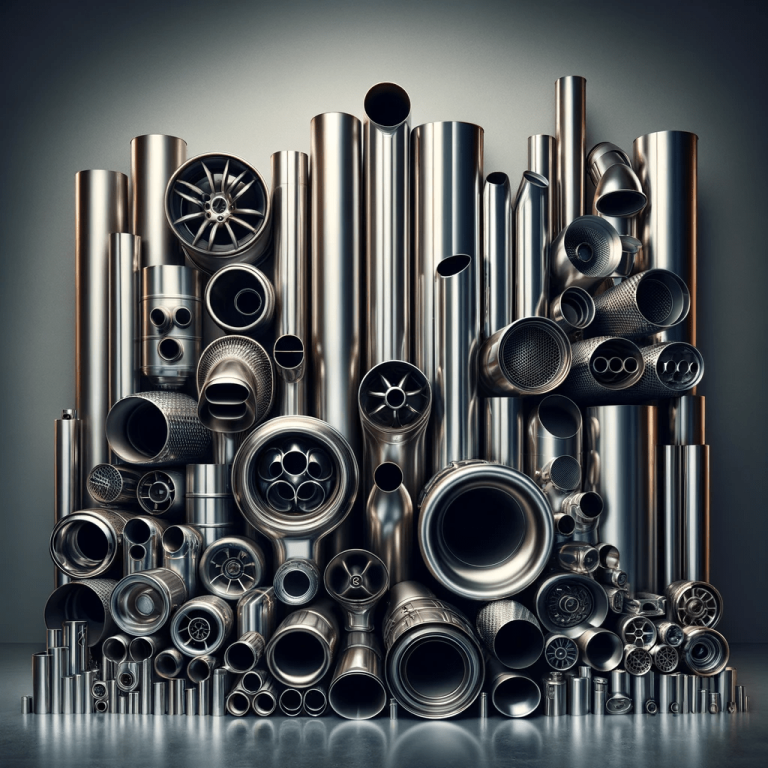Key Takeaways Table Strategy Description Aerodynamic Optimization Implementing aerodynamic enhancements to minimize drag and boost fuel efficiency. Engine Efficiency Tuning the engine to run more smoothly and efficiently, directly impacting fuel consumption. Tire Pressure Maintaining optimal tire pressure for decreased rolling resistance and improved fuel economy. Weight Management Reducing vehicle weight to enhance mileage and…
Key Takeaways Key Point Detail Regular Maintenance Essential for sustaining optimal fuel efficiency. Driving Style Smooth driving techniques and strategic use of cruise control improve fuel economy. Load Reduction Lightening your vehicle’s load enhances fuel efficiency. Oil Quality Using the recommended grade of motor oil is pivotal for reducing engine friction. Route Planning Efficient planning…
Continue Reading Optimal Engine Maintenance for Fuel Efficiency Improvement
Key Takeaways Aspect Detail Tire Pressure Proper inflation can improve fuel efficiency by up to 3%. Regular Checks Monthly tire pressure checks are recommended. Pressure Gauge Use a reliable gauge for accurate measurements. Seasonal Adjustments Adjust pressure with temperature changes. Professional Advice Seek expert insight for vehicle-specific recommendations. Tire Pressure: A Critical Factor for Fuel…
Continue Reading Maximizing Fuel Efficiency: Tire pressure & efficiency
Key Takeaways: Driving Habits Impact on Fuel Efficiency Aggressive Driving Reduces mileage by up to 40% Speed Regulation Can improve fuel economy Vehicle Maintenance Crucial for optimal efficiency Driving habits significantly impact fuel efficiency, and with the ever-rising cost of fuel, it’s more important than ever to drive smartly. Aggressive driving, including rapid acceleration and…
Continue Reading Driving habits impact: Fuel efficiency improvement
Key Takeaways Aspect Detail Engine Tuning Optimize your vehicle’s engine performance for better fuel efficiency. Tire Pressure Maintain proper tire pressure to reduce rolling resistance. Driving Habits Adopt efficient driving habits to conserve fuel. Regular Maintenance Keep your vehicle well-maintained to prevent fuel wastage. Aerodynamics Enhance your car’s aerodynamics to reduce drag and save fuel.…
Continue Reading Basics of fuel-saving: Maximizing Your Vehicle’s Efficiency
Key Takeaways Aspect Turbocharger Supercharger Acoustic Signature Subtle and quieter Pronounced and louder Response Time Noticeable delay due to turbo lag Instantaneous power delivery Durability Requires regular maintenance Typically more reliable Impact on MPG Less intrusive at idle Reduces fuel economy Technical Complexity Higher, with potential for intercooling Lower, often without intercooling Suitability Efficiency-focused applications…
Key Takeaways Feature Resonator Muffler Primary Function Reduces engine noise, particularly high-frequency sounds Reduces overall exhaust noise and drone Location in Exhaust System Typically closer to the engine Usually located towards the rear end of the exhaust system Impact on Performance Minimal direct impact on performance Can affect backpressure, influencing performance Sound Quality Tunes exhaust…
Continue Reading Resonators vs Mufflers: Function and Impact on Exhaust Systems
Exhaust Heat Management in Vehicles: Techniques for Performance & EfficiencyIntroductionKey Takeaways: Importance of Exhaust Heat ManagementUnderstanding Exhaust Heat Management1. Reducing Excessive Heat: Why It Matters2. Heat Shields: Deflecting and Absorbing HeatTypes of Heat Shields:3. Ceramic Coatings: Heat Protection & Performance BoostAdvantages of Ceramic Coatings:4. Exhaust Wraps: Maintaining Exhaust Gas TemperatureHow Exhaust Wraps Help Performance:5. Material…
Key Takeaways AspectImportanceEmissions RegulationsCompliance with local and federal emissions standards is mandatoryNoise OrdinancesAdherence to local noise regulations is essentialAftermarket ModificationsMust be legally compliant and not tamper with emissions control devicesInspection and CertificationRegular inspections may be required to ensure complianceMaterial and DesignShould meet safety and environmental standards Navigating Emissions and Legal Requirements 1. Emissions Standards Compliance…
Key Takeaways Aspect Impact Improved Exhaust Flow Can enhance engine efficiency, leading to better fuel economy Weight of System Lighter systems may contribute to overall vehicle efficiency Backpressure Optimal backpressure aids in efficient engine operation Engine Size and Type The impact varies based on the engine’s characteristics Aftermarket Modifications Must be aligned with engine specs…
Continue Reading Impact of Exhaust Systems on Fuel Efficiency
Key Takeaways Material Durability Performance Impact Aesthetic Appeal Stainless Steel High durability, rust-resistant Excellent heat resistance, can improve flow Shiny, sleek appearance Aluminized Steel Good durability, cost-effective Decent performance, slightly heavier Less shiny than stainless steel Titanium Extremely durable, lightweight Best for performance, reduces weight Unique, high-tech appearance Cast Iron Very durable, heavy Common in…
Continue Reading Exhaust System Materials: Durability and Performance
Key Takeaways Aspect Detail Visual Impact Exhaust tips can dramatically alter a vehicle’s rear appearance. Style Variety Available in numerous shapes, sizes, and finishes. Sound Modification Some tips can slightly alter the exhaust note. Material Quality Stainless steel and chrome are popular for durability and shine. Installation Generally simple, often requiring minimal tools. Introduction to…
Continue Reading Enhancing Vehicle Aesthetics with Exhaust Tips
Key Takeaways on dual vs single exhaust Feature Dual Exhaust Single Exhaust Performance Potentially higher power output due to better flow Sufficient for smaller engines, less complex Sound Often deeper, more aggressive note Milder, less pronounced exhaust note Fuel Efficiency Can improve in high-performance vehicles Generally more efficient for everyday vehicles Cost & Complexity More…
Continue Reading Dual vs Single Exhaust Systems: Performance & Sound
Key Takeaways Aspect Detail Performance Impact Larger diameters generally enhance exhaust flow but can reduce the backpressure needed for low-end torque. Fuel Efficiency Optimal diameter can improve fuel efficiency by reducing engine strain. Sound Quality Diameter affects the exhaust note, with larger pipes often producing a deeper tone. Considerations Vehicle type, engine size, and desired…
Continue Reading Exhaust Pipe Diameter impact on Car Performance

